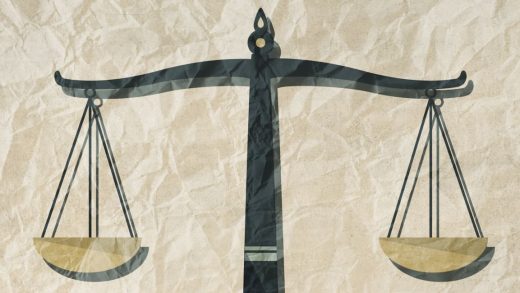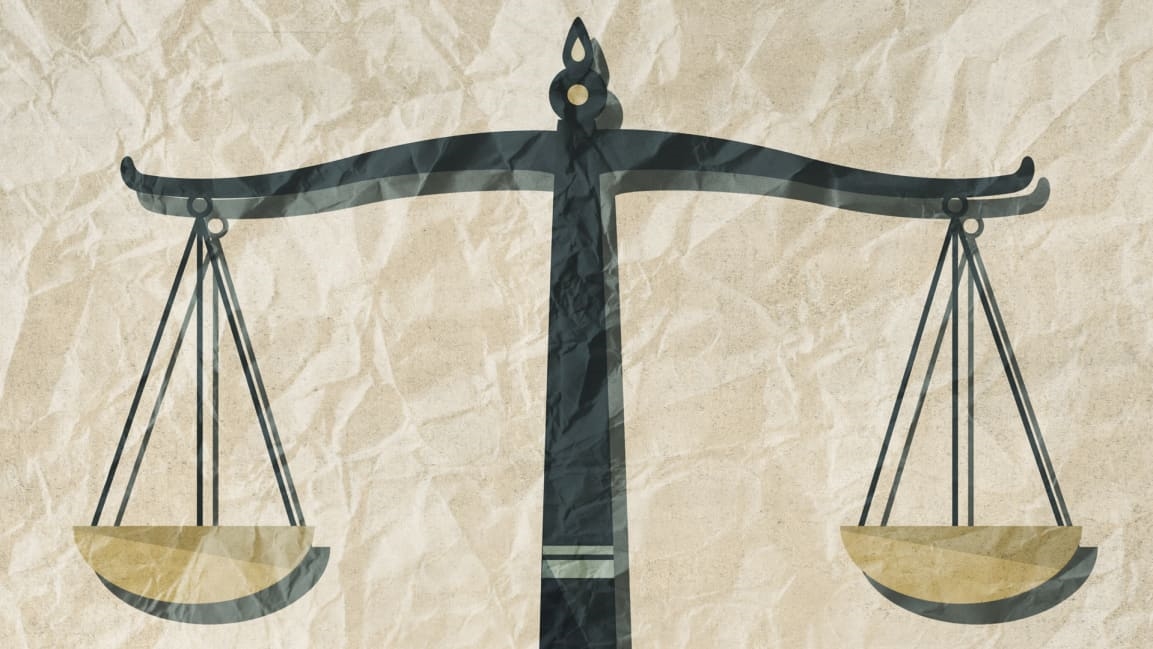Work and life aren’t opposites, and balance is biased. Here’s why
The book American Ways by Gary Althen taught me this clearly. The intended audience is non-Americans who need to interact with Americans, so the book is full of tidbits that make me feel like an alien specimen undergoing examination. Like this:
When they first encounter another person, Americans engage in a kind of conversation they call small talk. The most common topic of small talk is the weather. Another very common topic is what the speakers “do,” meaning, normally, what jobs they have.
The book goes on like this, for 300 pages, describing all kinds of behavior I consider normal in clinical terms. It’s mind-bending.
But pay attention to the second example of small talk: what you “do.” Think about that: One of our most common subjects of conversation is, more or less, “What labor do you engage in so that you can earn money?”
This is not universal. In some cultures, the answer to “What do you do?” is to talk about what you do for fun. But here, in North America, we talk about work. That means something, especially in our current “hustle culture” moment.
This brings me to the idea of work-life balance, as understood by knowledge workers.
“Work-life balance” is kind of a messed-up phrase
Picture, if you will, a scale.
Yeah, like that. Imagine, if you will, putting your work on one side of that scale. Then imagine putting literally everything else about yourself—your friends, your hobbies, your family, your relationships, your beliefs, your favorite sports team, the movies you like, and so on—on the other side.
Do you think the scale should be tilted evenly?
Balance is a bias
The phrase “work-life balance” is, itself, an argument. Those words put the world into two categories—work and everything else—and imply that these two categories should be given more or less equal weight. And this, mind you, is the phrase used to suggest a healthier alternative to burnout.
I’m not saying we should all stop using the phrase “work-life balance.” Workplaces where employees put in grueling hours, to the point where it’s impossible to have a life outside of work, really are a problem, and all too often, workplace culture reinforces this. It’s easy for that to develop on a team if leadership isn’t intentional about it. I believe most managers and executives who use the term “work-life balance” are trying to make life better for their employees.
Having said that, I think our culture’s obsession with work is easy to ignore, and I think the phrase points to it.
Work and life aren’t opposites
Our culture glorifies work. Most of our TV dramas and sitcoms are set in work spaces. Social media feeds are full of hustlers working long hours in the workplace, then heading home to work on their side hustle. It’s easy to feel like work is the place where you should try to find meaning in life, and that you should constantly be trying to get to the next goal by working harder.
But you don’t have to. You can stay where you are if your needs are being met. There’s no rule that says you have to advance, or that your business has to keep growing. You can get yourself to a reasonable place, and then stop. Turns out that’s perfectly legal.
That isn’t to say you can’t get satisfaction out of work. You can. I get a lot of joy out of writing and would probably spend a good chunk of every day doing it even if no one was paying me. Every so often, I write things I’m proud of. Sometimes strangers get in touch to tell me it meant a lot to them. It’s a great feeling, and I could imagine spending all of my time chasing it.
But there are other things worth chasing—sunsets, music, conversation, mountains, perfect pets, pizza, friends, laughter, and so much more.
This might seem obvious to you. I, personally, have had to learn this lesson over time, in part by having friends repeat it to me multiple times in situations where it should be obvious.
So I’m learning to put work in its place. I’m setting up guardrails so that I remember to stop working when it’s time. I try to automate busywork, then use the time I free up to do something else. And I try not to use working from home as an excuse to work more often. It’s not about balance—it’s about keeping things in perspective.
Work might be personally meaningful to you, or it might not be. But it’s not who you are, or even necessarily the most interesting thing about you. Work can just be a thing you sometimes do and occasionally bring up in conversation (when the weather isn’t interesting enough, anyway).
(55)



